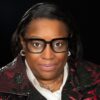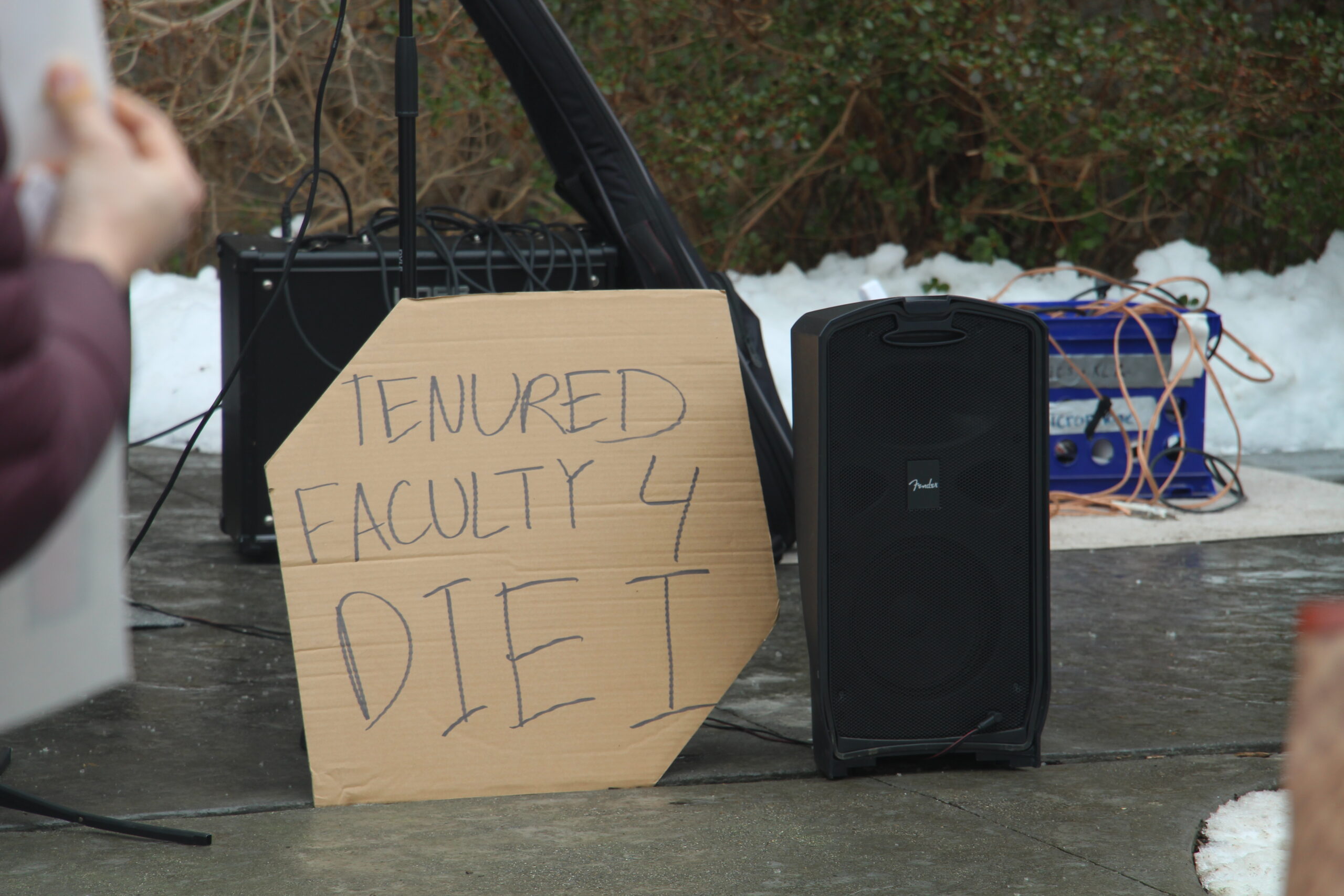On air since 1975, Saturday Night Live has celebrated 43 years of social commentary and insight through comedy. However, in an ever-changing world, is it as relevant as it used to be? This question is especially pertinent as young adults popularize online streaming services such as YouTube and Netflix and stray away from watching television programs live on cable. When posing this question to students on campus, I found that few of my peers watch SNL on air. Instead, they would rather watch clips on YouTube, most notably the Weekend Update and any trending skits, political or not. Even then, SNL seems to be losing significance among young adults as Connor Busch ‘22 observes: “From what I’ve heard, I think most people my age hate it. I haven’t met anyone my age who likes SNL.”
However, Audrey Black ‘21 argues that SNL has been able to adapt to an audience that demands more readily available content by uploading their skits to YouTube. “Icons of comedy still start out on SNL,” said Black. It still feels like the “building place for comedians,” Black argues, but she also observes it is losing its political significance. Most notably, this can be seen in the difference between its influence in the 2008 elections compared to 2016. In 2008, Tina Fey’s ridiculous portrayal of Sarah Palin influenced many swing states to vote blue, while SNL had less of an impact on such votes in the 2016 elections. This could be attributed to SNL no longer walking the bipartisan line that attracted moderate conservatives. Instead, SNL has focused more on critiquing the Republican party as politicians are no longer “being paraphrased, they’re just being quoted,” as Julianna Donovan ‘20 notes. Is SNL truly necessary when the recent political news feels like a comedy sketch on its own?
Recently there has been a more prominent demand for representation in the media, as services expand and create more competition for viewership. There is not only a push for more representation, but more notably the push for more accurate representation, instead of tokenizing minority groups in a white-centric setting. While watching the second episode of the show’s 44th season, which aired on October 6, 2018, I thought that SNL still has a long way to go in diversifying its hosts. The chosen host, Awkwafina, an up-and-coming actress, rapper and comedian, was only the second Asian American woman to host SNL, years after actress, Lucy Liu in 2000.
If SNL wants to continue to be relevant, it may have to put more of an effort into recruiting a diverse array of hosts. But with most film and television series suffering from a lack of diversity, “it’s not a problem of SNL, it’s more a problem of Hollywood,” according to Black. “It’s hard to find famous Asian actresses because we don’t write those roles.” Awkwafina’s episode even comments on the lack of roles for Asian American women in Hollywood. On a panel of actresses discussing the effects of the #MeToo movement, Debette Goldry, a fictional old white actress played by Kate McKinnon, argues that there were tons of roles for Asian American women in Hollywood when she was an actress because she “played all of them.”
As SNL does not have much influence over the Hollywood sphere, from which they choose famous actors and comedians to host, its diversity problem may lie more in its casting choices. “The point of SNL is to give those opportunities,” says Black. She argues that its job is to recruit more underrepresented groups in order to provide a platform that Hollywood lacks in casting diverse roles.
Although there have been some strides toward more diverse representation in SNL’s cast, it obviously has not been enough. Donovan argues that, as a show that’s meant to be self-reflexive, it is “supremely ironic” that “few cast members aren’t straight white cis men.” The lack of diversity, including a lack of queer comedians, comedians of color, female comedians and intersectional identities, is an issue when SNL is meant to be representative of America’s population yet cannot bring in the necessary perspectives to have “richer and more nuanced humor,” as Donovan states. Diversity and representation in comedy are important because “humor is a very unique and personalized extension of one’s being” based on how viewers perceive their social positionality in society.
Not only that, but as the American political sphere continues to become more polarized, can SNL, perceived as providing traditionally left-leaning political satire, remain accessible to all Americans despite their political affiliation? Does satire help provide introspection on today’s politics, or does it simplify issues further dividing our nation politically? Busch argues that SNL “gives some hope in the polarization of politics in our country” because both sides of the political spectrum can find things to laugh at. Donovan, though, argues that Republicans may feel more attacked by SNL because segments that mimic Republican politicians is portrayed as comedy yet “there’s no actual difference from what the individuals are saying.” Due to the divisive nature of our country, SNL may feel pressure to critique the Trump administration not only to keep its liberal audience, but also for the writers and staff to be able to promote their left-leaning values. This can be dangerous because although “comedy helps us cope” with reality, it also “lures us into a false reality of [thinking] everyone feels the same as us,” observes Black.
Additionally, with such difficult issues being faced today, like the #MeToo movement and the Kavanaugh hearing, is SNL an effective way to promote conversation without writing off its seriousness? As comedy is an important coping mechanism, Black argues that “it’s better to do a skit that is painfully truthful than to not talk about it at all,” because “laughter helps and shows the ridiculousness of such situations.” Busch agrees, saying that in satire and comedy, “sometimes things can be oversimplified, but it’s better than nothing [because] it gets the word out.” Donovan, who agrees that satire can be effective, it can also be “potentially dangerous when there can be issues with perception and tone.” Even though SNL is meant to be self-reflective, the show does not always feel self-reflexive when “it’s presented as a static framework.” Overall, SNL seems to have a place in American comedy, as a vehicle for budding comedians to be given their first national platform. Although SNL may not have as much influence over the political sphere as it may have had in the past, it is still an important tool to comment on America’s political and social realities, despite their frightening and preposterous traits. •









